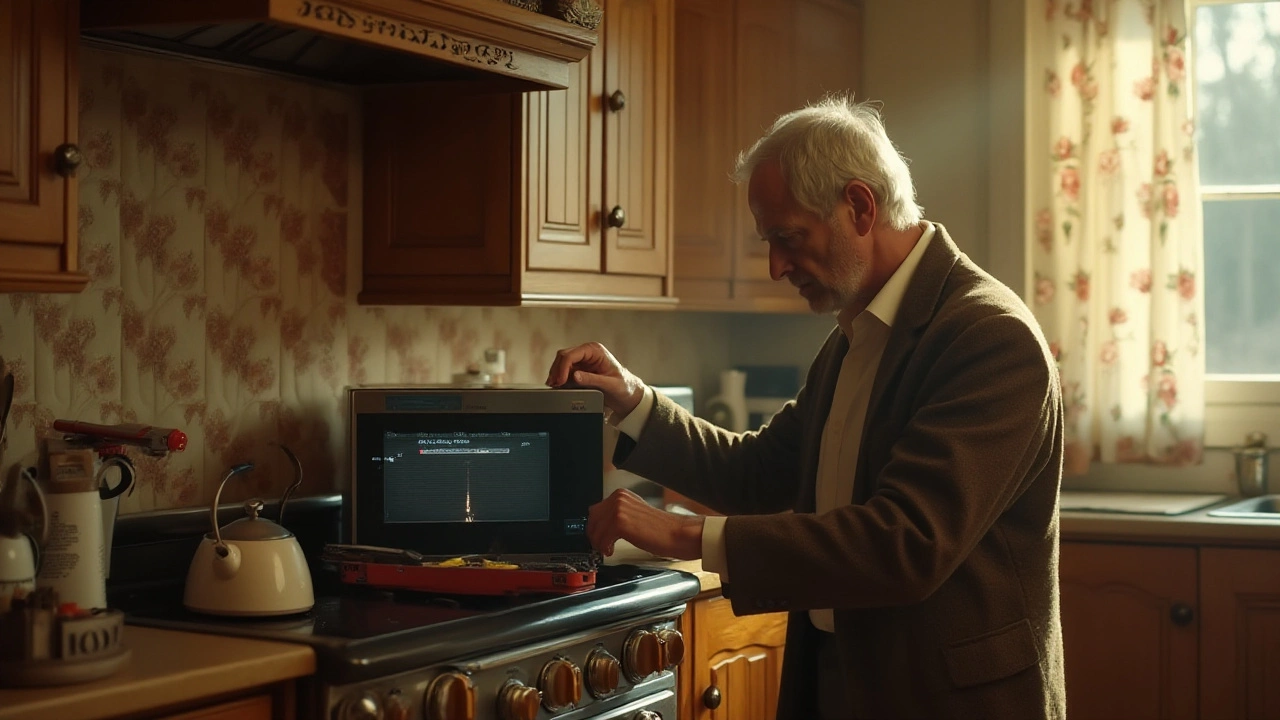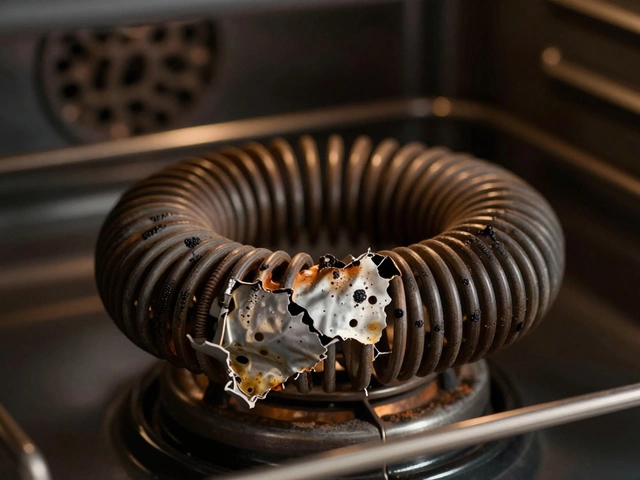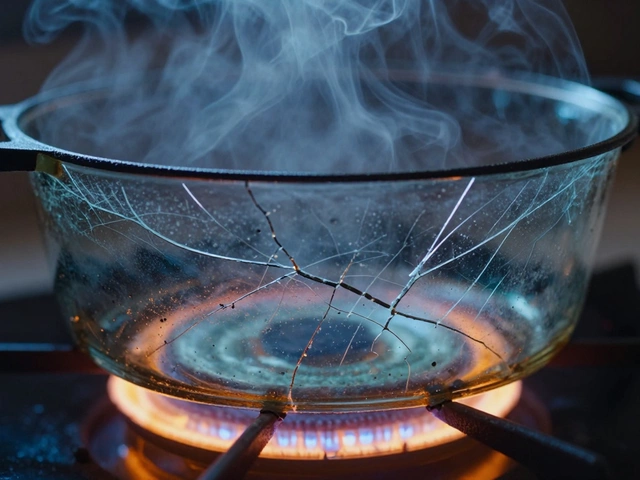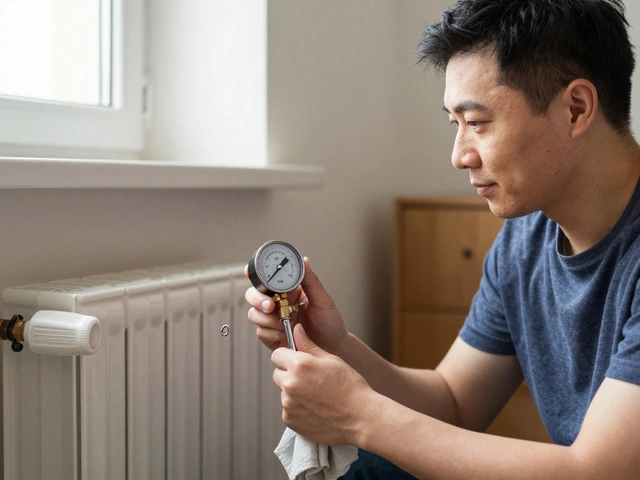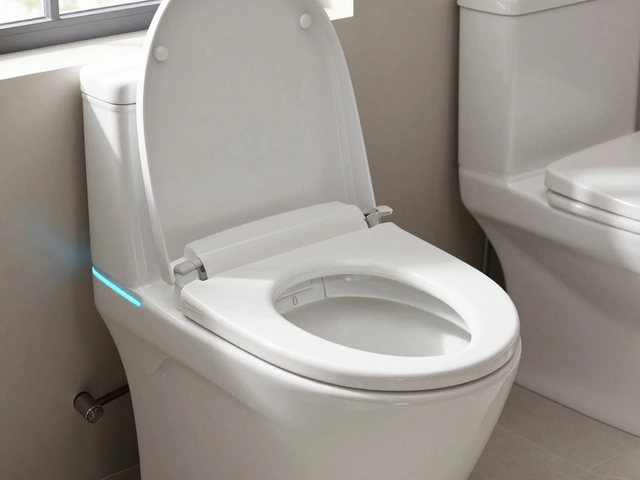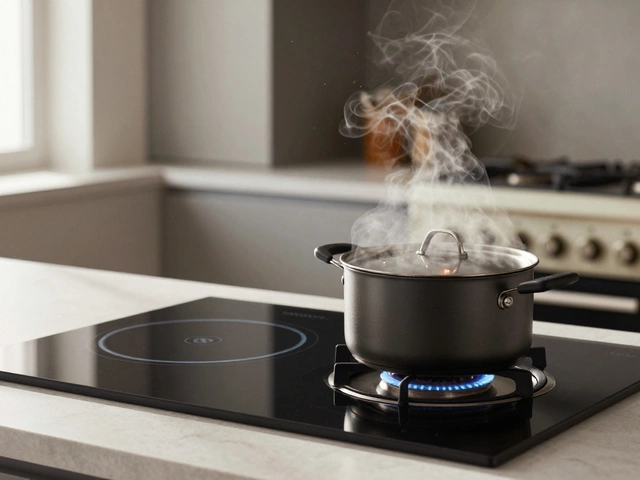Kitchen Appliance Tips You Can Use Today
Every kitchen runs on a handful of gadgets – the oven, dishwasher, fridge, microwave, and sometimes a small fan or extractor. When one of them stops working, it feels like the whole house stalls. The good news? Most problems have a simple fix or a quick maintenance step that can save you a callout and a lot of cash.
Every Appliance Needs a Little Love
Start with a quick visual check. Look for dust, gunk, or loose connections. A dusty fan or blocked vent is often the cause of overheating, while a sticky door seal on a fridge can lead to frost build‑up. Wipe down surfaces with a damp cloth, vacuum fan blades, and make sure nothing is blocking the airflow. This takes five minutes and can add years to an appliance’s life.
Next, listen. A humming noise from a microwave or a rattling sound in a dishwasher usually points to a part that’s wearing out. If you hear it, note the pattern – does it start right away, or only after a few minutes? That detail helps you decide whether a DIY tighten‑up will work or if a professional replacement is needed.
When to Repair, When to Replace
Repair vs. replace is a classic dilemma. A rule of thumb is the 50% rule: if the repair cost is more than half the price of a new unit, think about replacing. But there are exceptions. Older ovens, for instance, often have robust metal bodies and can be cheaper to fix than buying a new one. Check the part price – an oven thermostat or a fridge compressor can run $80‑$150, still well under a brand‑new machine.
Energy efficiency matters too. A ten‑year‑old fridge may use 30% more electricity than a modern, Energy‑Star model. If your power bill is climbing, the long‑term savings from a new, efficient appliance might outweigh a cheap repair.
Don’t forget the warranty. Some repairs are covered for up to two years after service, which can tip the scales toward fixing. Keep receipts and note the service date – it’s your bargaining chip when you talk to a technician.
Finally, safety. If an appliance shows signs of electrical issues – sparks, burnt smells, or a tripped breaker – stop using it immediately and call a qualified repair person. Trying to tinker with live wires can lead to injury or fire.
With these quick checks and simple rules, you’ll spend less time waiting for a repair and more time enjoying a functional kitchen. Keep a small toolbox handy, note the make and model of each appliance, and don’t hesitate to call a local pro when the fix isn’t obvious. Your kitchen will thank you.
17 May 2025
·
0 Comments
Figuring out if your electric oven is busted isn't all that tricky when you know what to check. This guide covers the main signs that your oven might need a repair. You'll get tips on common issues—like weird smells, uneven cooking, or a silent oven—so you can troubleshoot before calling a pro. There's some DIY advice too, but also clear signs when it’s time to leave it to the experts. Stop guessing and start getting your oven back in shape.
Read more
19 October 2024
·
0 Comments
Microwaves are essential kitchen appliances, but they can face various issues over time. Common problems include failure to heat, strange noises, and faulty buttons. Understanding these issues and knowing simple fixes can save time and money. With a bit of troubleshooting, many microwave problems can be resolved without professional help.
Read more


